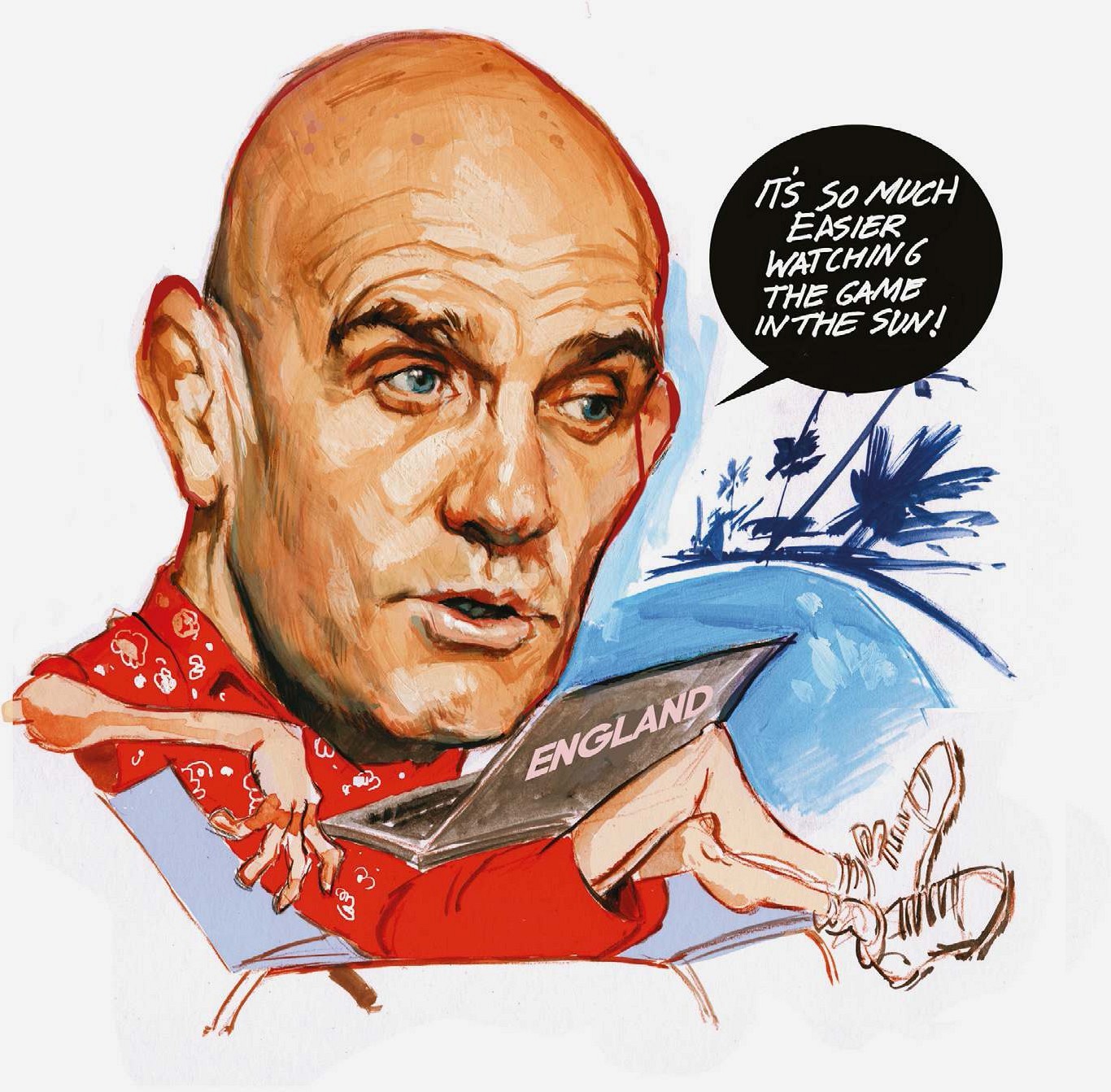Stay-at-home Mitchell needs to be hands on

Categories: Premiership
Tags: Australia, Bristol, Eddie Jones, England, Ireland, Nick Cain, Premium, RFU, Six Nations, South Africa, USA
NICK CAIN
READ HIS EXPERT OPINION EVERY WEEK
JOHN Mitchell polarises opinion in Rugby Union more than anyone with the possible exception of Eddie Jones. That’s why, following the New Zealander’s appointment as England defence coach by Jones this week, this twinning of two rugby obsessives has been forecast as a disaster in waiting by an assortment of Southern Hemisphere commentators.
Mitchell is one of rugby’s Marmite men, and the love-hate stuff surrounding the controversial Kiwi coach has been aired widely since it was announced that it will cost the RFU £500,000...
Continue reading...
Access all our premium content from as little as 14p per day!
Already a subscriber to our website? Login